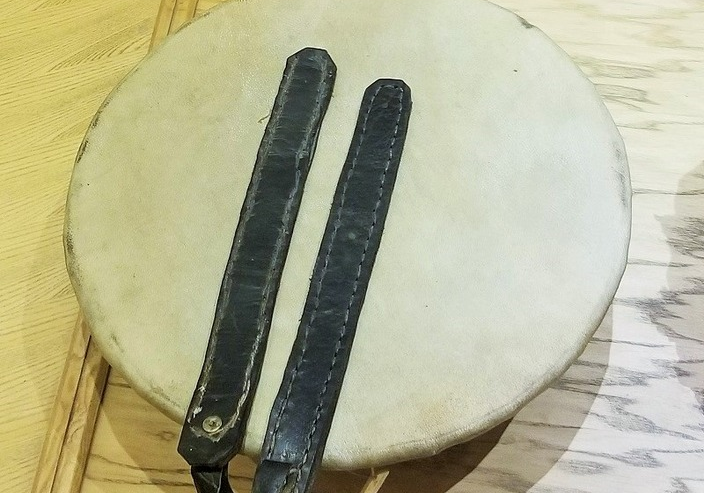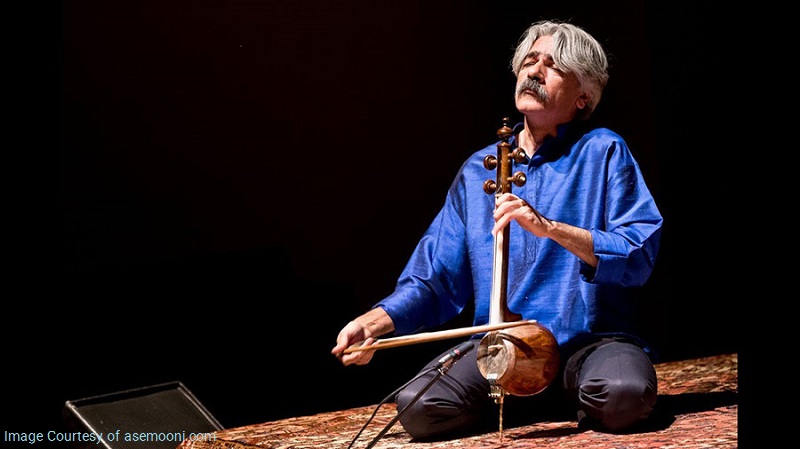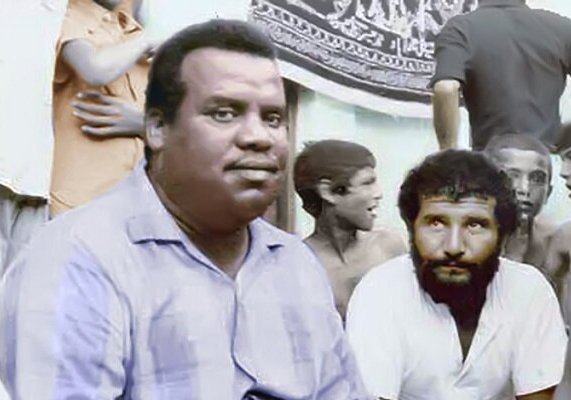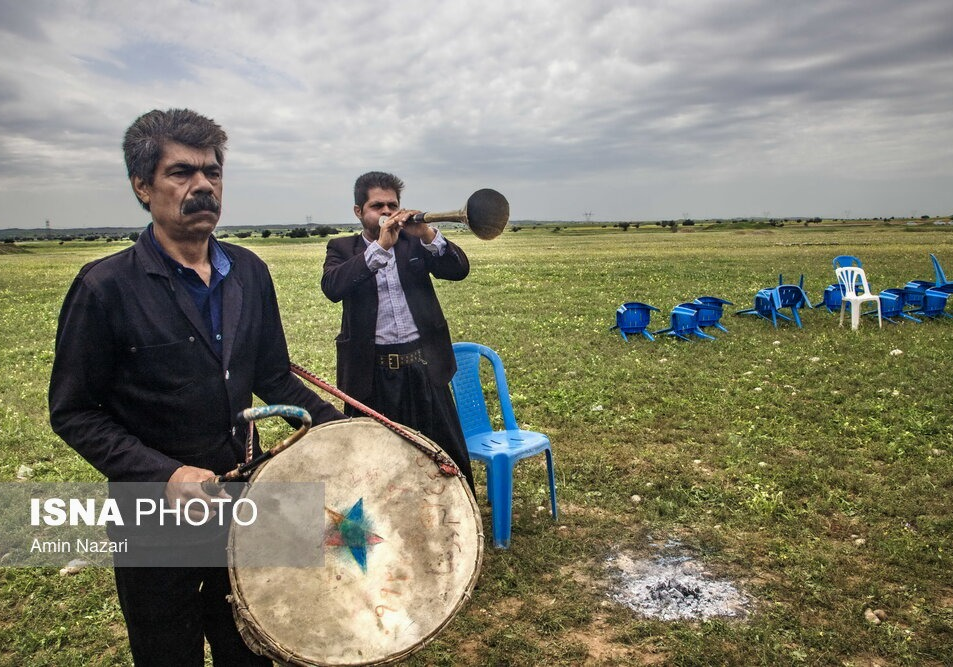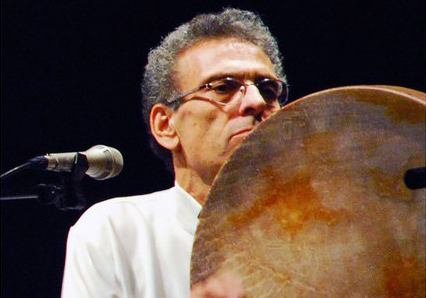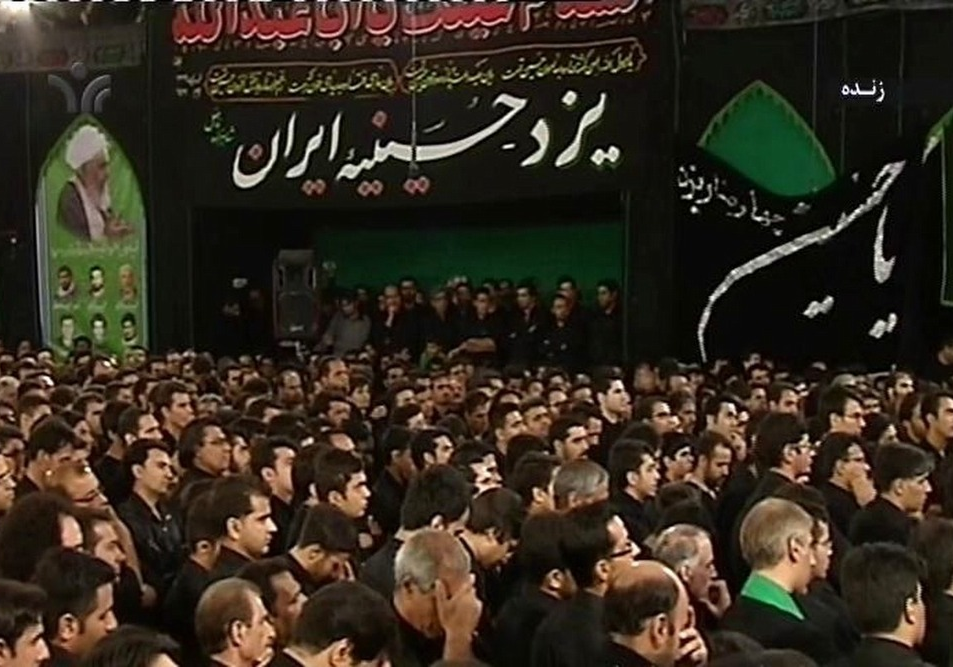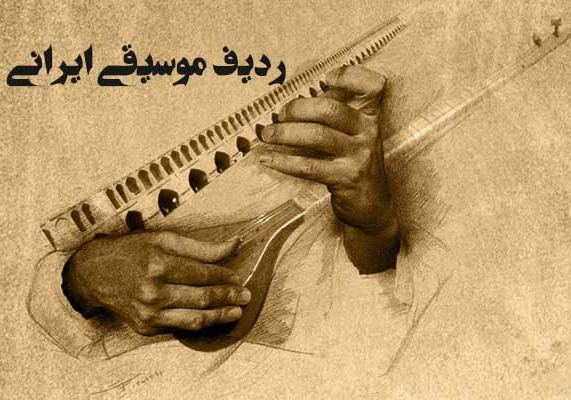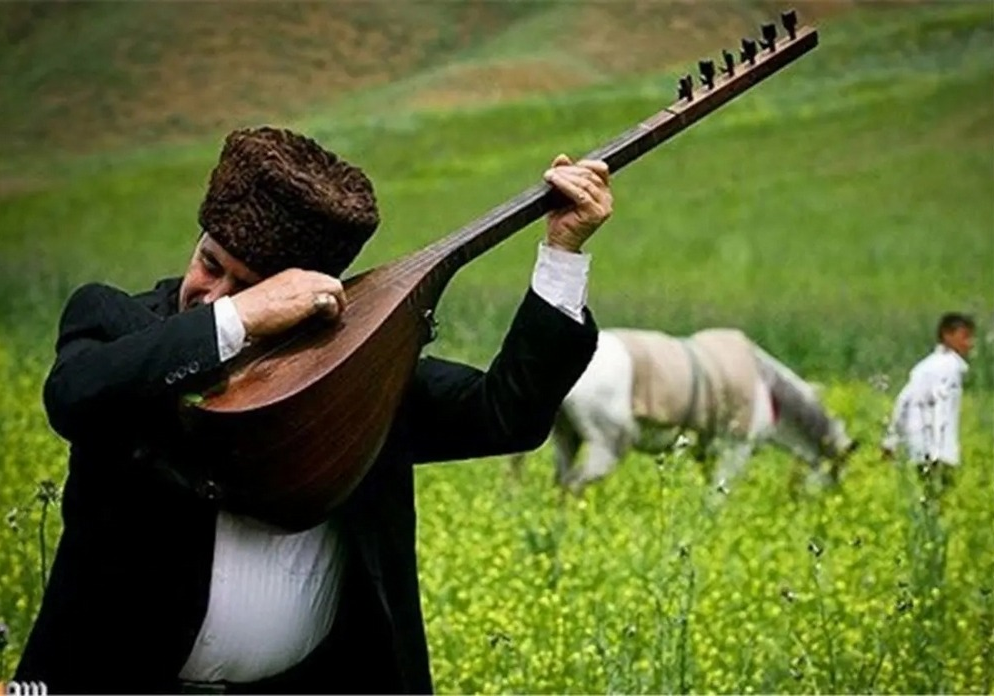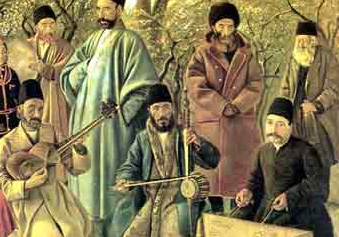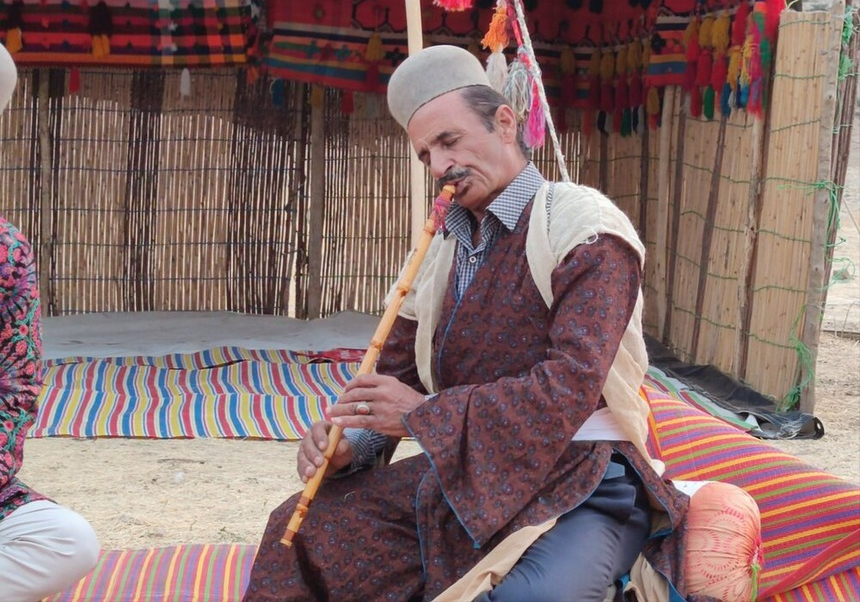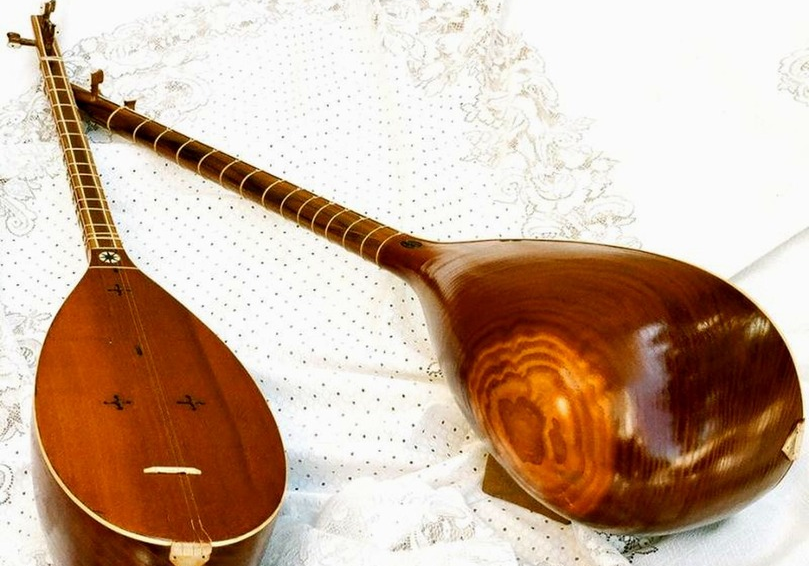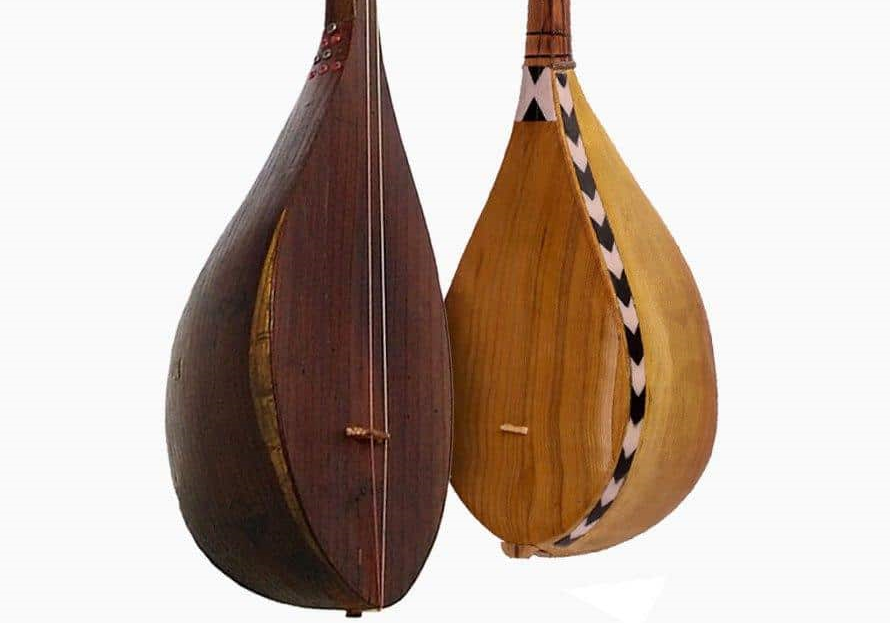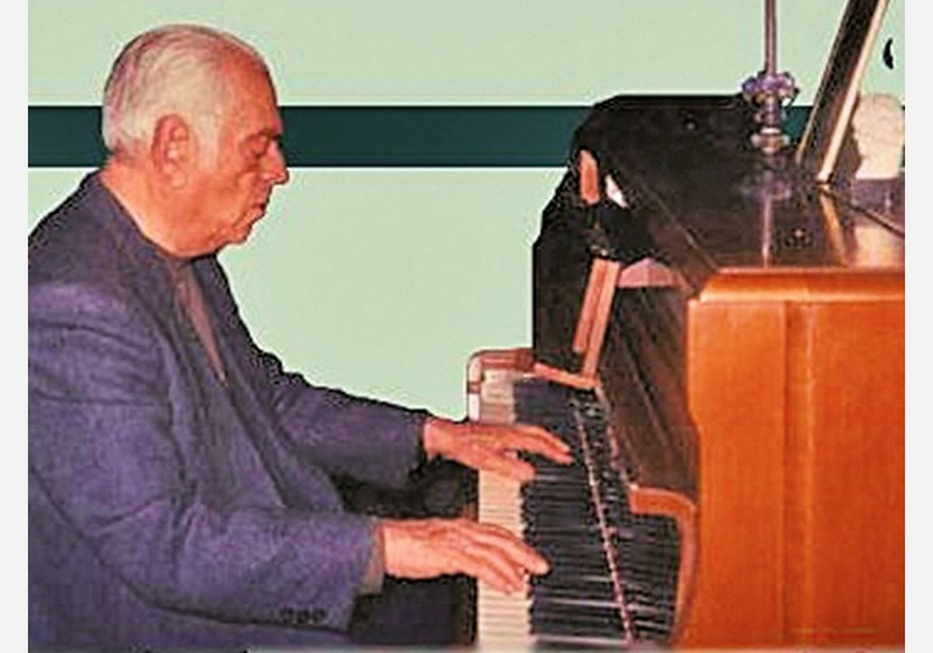
Shajarian’s Rabbana
Shajarian’s Rabbana
As per the radifs of Iranian music, songs are divided into five categories: Abu Ata, Dashti, Afshari, Bayat-e Turk, and Isfahan. Throughout history, many singers have taken measures to evolve Iranian music; one of the most outstanding of whom was Mohammad Reza Shajarian who created unique works during his lifetime by performing the most beautiful Persian poems, in the form of songs, alongside the greatest contemporary musicians. While most of Shajarian’s works are admired by Persian-speaking people, the melodic recitation of some verses of the Holy Qur’an which start with the word “Rabbana” and has come to be known as “Shajarian’s Rabbana”, is considered an excellent performance of all times.
Who Was Shajarian?
Mohammad Reza Shajarian was born in Mashhad in 1940 AD. His father was one of the famous reciters of the Holy Qur’an in Mashhad, and for this reason, Mohammad Reza started reciting the Qur’an from childhood. Shajarian’s recitation was broadcast on Khorasan Radio in 1952 AD. He did not have an official music teacher until 1959 AD when he joined Mashhad’s Teacher’s Training School. Later on, Shajarian went to Tehran to complete his training and while participating in musical gatherings he simultaneously started learning Nastaliq calligraphy and received the certificate of excellence for it. He learned Iranian music from the great masters of the era and gradually became a well-known figure in Iranian music. Shajarian’s collaborations with such great musicians as Parviz Meshkatian, Mohammad Reza Lotfi, Houshang Ebtehaj, and Dariush Pirniakan have resulted in the creation of a number of masterpieces in the history of Iranian music. Shajarian passed away in 2020 AD, after a period of illness, and was buried near Ferdowsi’s Mausoleum.
Shajarian not only adopted Iranian classical poems in his works but also took into consideration contemporary Persian literature. During the years of his activities, he also designed several instruments. In 1977 AD, he won the first place in the national contest of reciting the Holy Qur’an. He was also awarded the Picasso Prize and UNESCO’s Certificate of Honor in 1999. This award is given every five years to an artist who has provided significant services to introduce the culture and art of his country to the world. In 2004, too, he received the “The Ordre des Arts et des Lettres” from the French government. In 2006, Shajarian received the Mozart Award from UNESCO. He was nominated twice for the Grammy Award. During his lifetime, Shajarian’s voice was repeatedly introduced by international experts and music media as one of the best live voices in the world. The other awards received by Shajarian were the French National Order of the Legion of Honour, the Order of “Art for Peace”, and the special award of the Aga Khan Trust for Culture in 2014, 2017, and 2019 respectively.
About Shajarian’s Rabbana
Shajarian recited four verses of the Holy Qur’an, all of which begin with the word “Rabbana”, in the Segah Dastgah of Iranian music. In this enchanting performance, which was done in 1979 AD, besides using the technique of compound singing (modulation) he also touched other radifs of Iranian music and recited some of the verses in Afshari and Iraqi (Saba) radifs. This prayer recitation was later published in the album that Shajarian produced under the title “In the Memory of My Father”. As Shajarian himself has said, he recorded Rabbana to teach two students in one of the radio studios and had no intention of publishing it.
One of the reasons for the popularity of Shajarian’s Rabbana is that it is tied to the rituals of the month of Ramadan, as, traditionally in this month at sunset time and before breaking the fast, verses starting with Rabbana are broadcasted from the minarets of Iranian mosques and create a spiritual atmosphere.
This recitation of Mohammad Reza Shajarian was inscribed on the list of Iran’s intangible national heritage in 2017 under the title of “Shajarian’s Rabbana; Masnavi in Afshari Radif.
While most of Shajarian’s works are admired by Persian-speaking people, the melodic recitation of some verses of the Holy Qur’an which start with the word “Rabbana” and has come to be known as “Shajarian’s Rabbana”, is considered an excellent performance of all times.
| Name | Shajarian’s Rabbana |
| Country | Iran |
| Works | Traditional music |
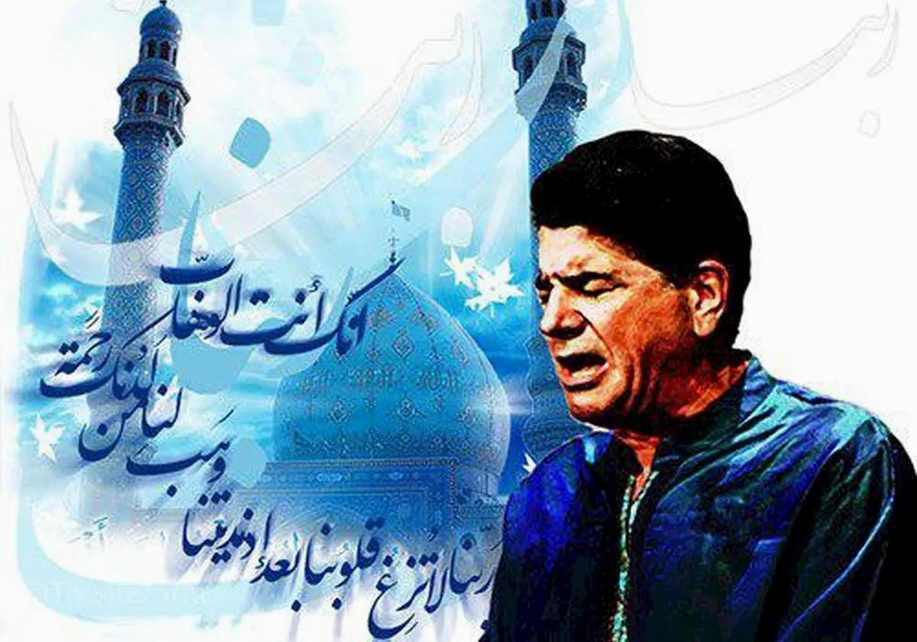
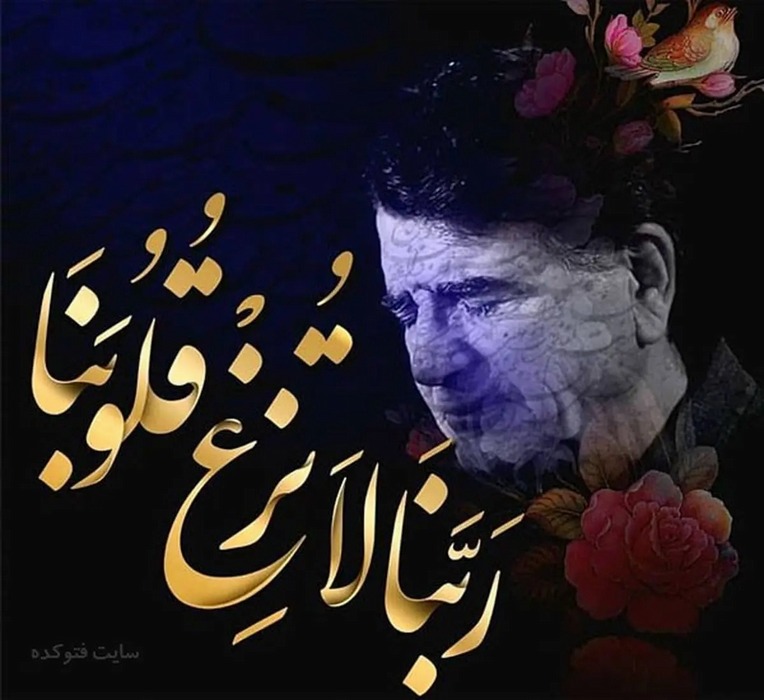
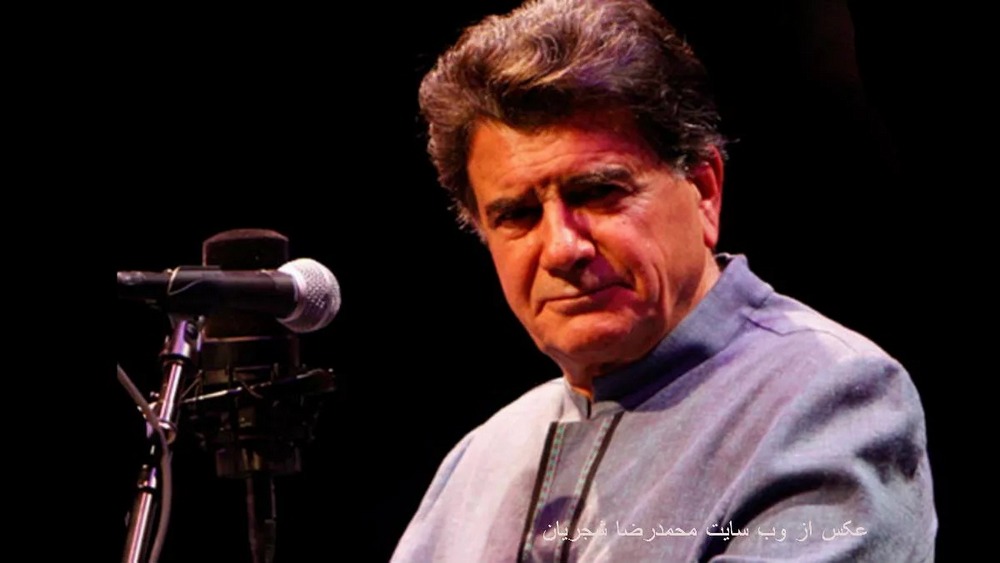
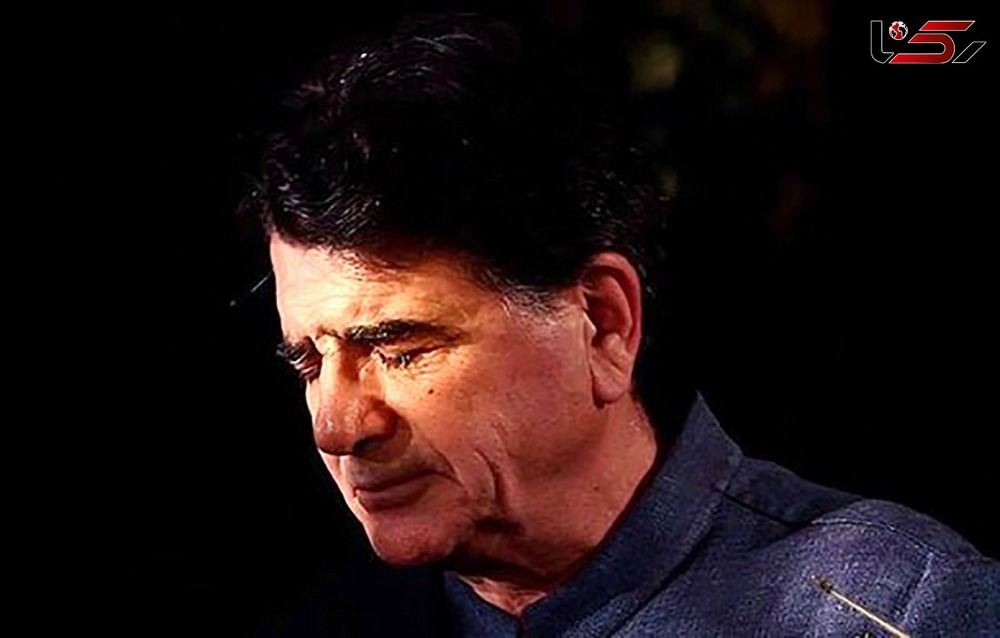




Choose blindless
Red blindless Green blindless Blue blindless Red hard to see Green hard to see Blue hard to see Monochrome Special MonochromeFont size change:
Change word spacing:
Change line height:
Change mouse type:

